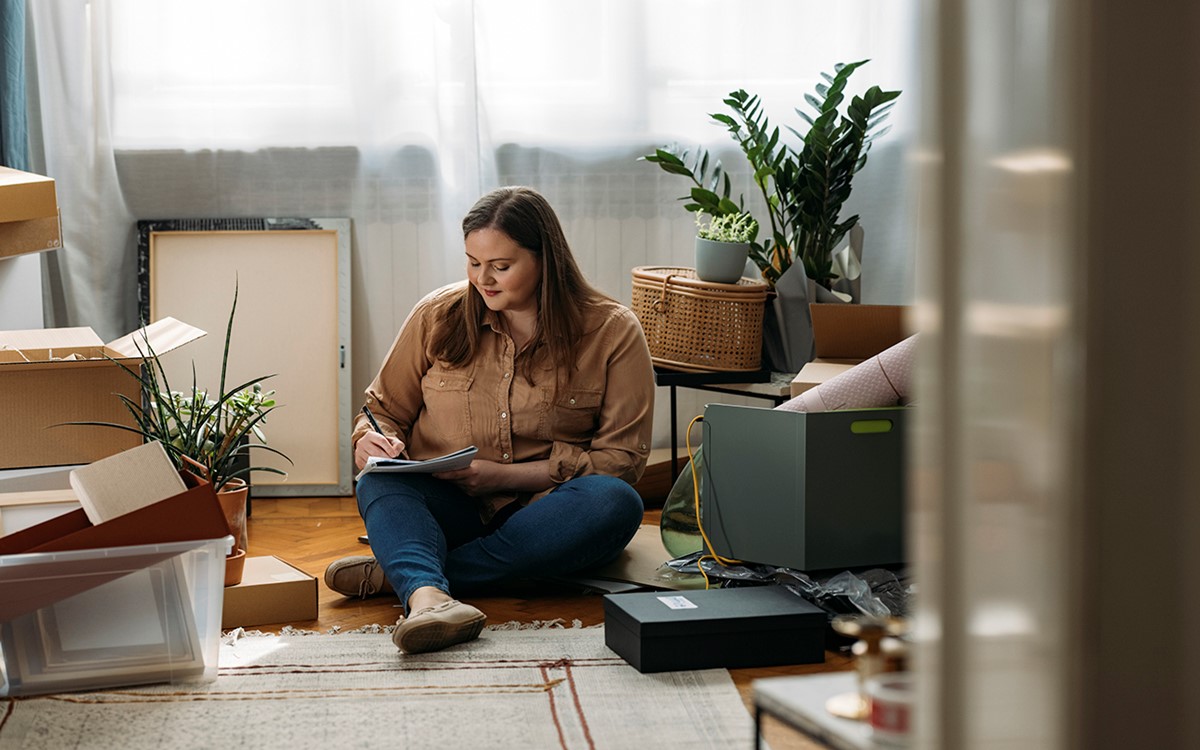What does it take to move to Norway from the UK?
As a UK citizen, you can visit and stay in Norway visa-free for up to 90 days in any 180-day period. To live in Norway longer or to work in Norway, you’ll need a residence permit. The Norwegian Directorate of Immigration (UDI – the Norwegian Directorate of Immigration) manages the immigration process, and most applications are lodged online before you enter Norway.
Common routes to reside and work in Norway include:
Skilled worker (work permit). Typically requires a relevant job offer, qualifications, and a salary meeting UDI thresholds. You apply for a residence permit in Norway via the UDI portal, then submit biometrics and your passport at a visa application centre in the UK. UK nationals usually do not need an entry visa to travel, but you must wait for approval before starting work.
Family immigration. Close family members of a Norwegian citizen or a person already registered as living in Norway can apply for a family immigration permit. This route covers spouses/partners, children, and in some cases other close family members.
Study in Norway. If admitted to a recognised programme, you can apply for a student permit to study in Norway. Note that many universities now charge tuition to non-EU/EEA students, and you’ll need to document funds for living costs.
Other routes. Seasonal work, self-employment, researchers, and certain specialist categories exist. Check UDI’s page for specific permit requirements and whether you need to apply from outside of Norway.
What does it cost to live in Norway?
The cost of living in Norway is high compared with many European countries, but wages and public services are generally strong. Rent in major cities can be expensive, and securing a property usually requires a deposit.
Groceries and public transport are significant monthly expenses, while electricity costs fluctuate seasonally. Dining out, alcohol, and services are relatively costly, so many newcomers cook at home and enjoy outdoor activities.









